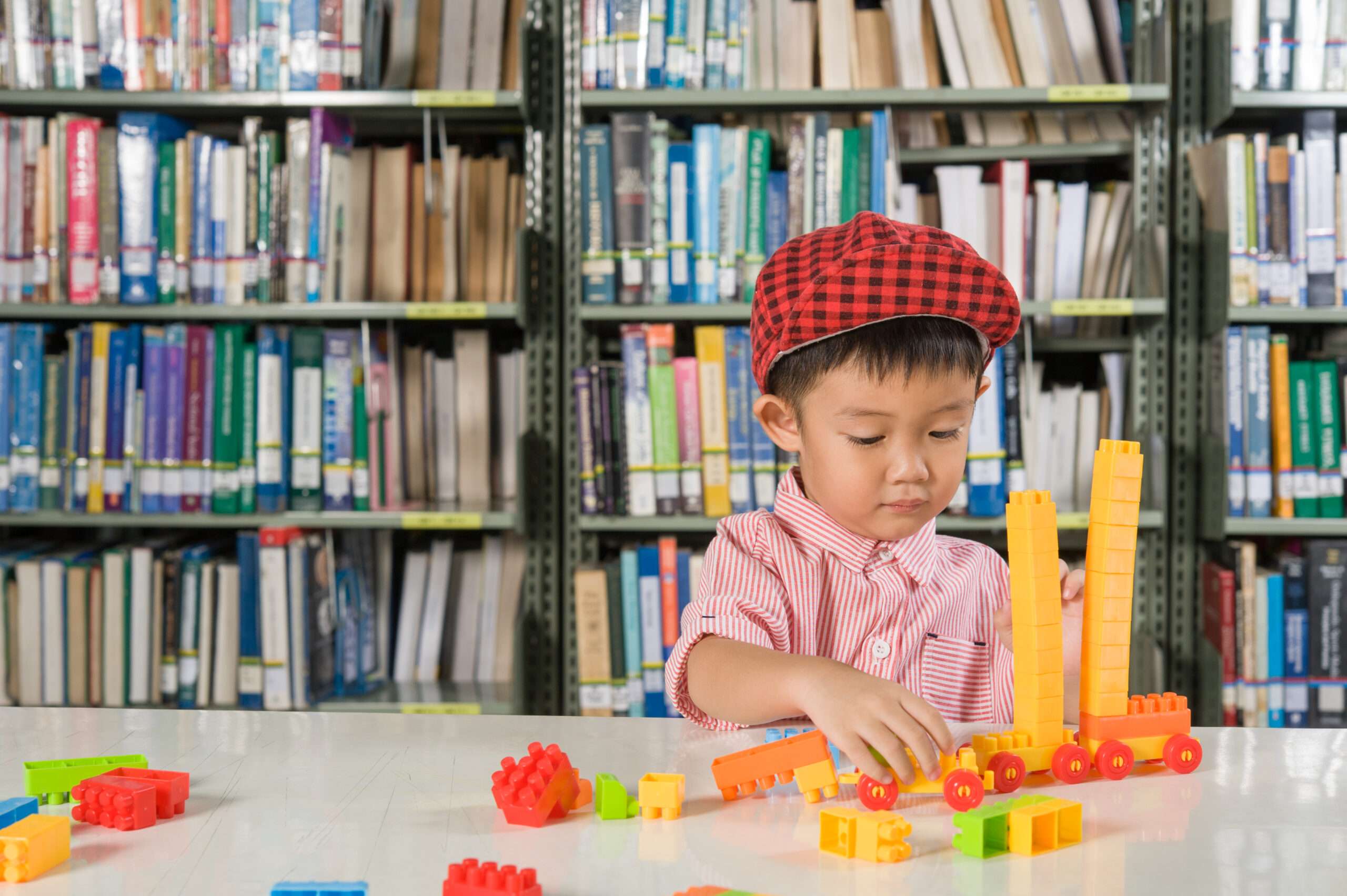Your child will have learned a lot by the time they graduate from nursery school. The nursery curriculum encompasses the complete range of classes and topics that your kid will learn during his or her nursery education.
Your child may experience a wide range of academic, social, physical, and emotional lessons, depending on the nursery you choose and the early childhood education philosophy it follows. Many nursery schools emphasize critical speech and fine motor abilities in addition to academics and social skills.
In some cases, a nursery can also assist children with finishing their potty training. Children who attend nursery school should be able to talk in longer words and sentences, use scissors, follow instructions, and kick a ball by the time they enter kindergarten.

The following are important concepts in the nursery school curriculum:
Motor Skills:
Children in nursery school are learning to master both gross motor skills (which include large physical movements) and fine motor skills (which require little physical movements such as manual dexterity and hand-eye coordination). Many nursery schools devote a significant amount of effort to perfecting these skills.
Drawing, cutting, coloring, and glueing are fine-motor activities that are helpful for writing, grasping, and coordinating fine movements. During recess, gross motor skills can be developed by using playground equipment, running, skipping, jumping, and kicking or throwing a ball to a partner.
Skills in social interaction and school readiness:
Nursery school also teaches social and school-ready skills to children. Sharing, turn-taking, cooperative play, transitioning from one activity to the next, and adhering to school norms are among the topics covered in these courses.
Nursery school also teaches children self-care skills that they will need in kindergarten, such as putting on their own shoes and coats, feeding themselves, and going to the restroom on their own.
Implementation of Nursery Curriculum:
In most nursery schools, each instructor must adhere to a set of goals and philosophies. Teachers may follow those general standards informally in various instances. Teachers frequently analyze student achievement using specific lesson plans and rubrics.
The length of the International school day is factored into nursery curricula. Some nursery schools are only open for a few hours a day, while others (particularly those in international schools) are open all day. Some even last longer than a conventional school day in order to accommodate all of the parent’s working hours.
What to look for in an international school?s nursery curriculum
Whatever philosophy your international school follows, the nursery curriculum should encourage learning while also assisting children in achieving various verbal, social, physical, and cognitive objectives. An excellent nursery curriculum, in an ideal setting, would be taught by trained instructors and based on the most recent childhood education research.
The nursery curriculum can be established by administrators, teachers, and in some circumstances, even parents, depending on the school and the nursery philosophy used by the international school.
Conclusion
A nursery curriculum may include homework provided to the child to reinforce what they have learned in class, but many educators consider that homework at this age is unnecessary.
While it may appear that a nursery schooler spends the entire day playing in the nursery, this is not the truth. Play is so much more than a child having a good time, though kids do have a lot of that. Play, particularly when it involves interaction with other children, teaches young toddlers how to:
- Make new buddies
- Learn how to work together
- Take turns
- Think outside the box
- Experiment with diverse approaches to problem-solving
- Make use of their creativity
In an international school, a good nursery curriculum provides a holistic education experience that nurtures a child’s emotional, social, physical, and mental development.









